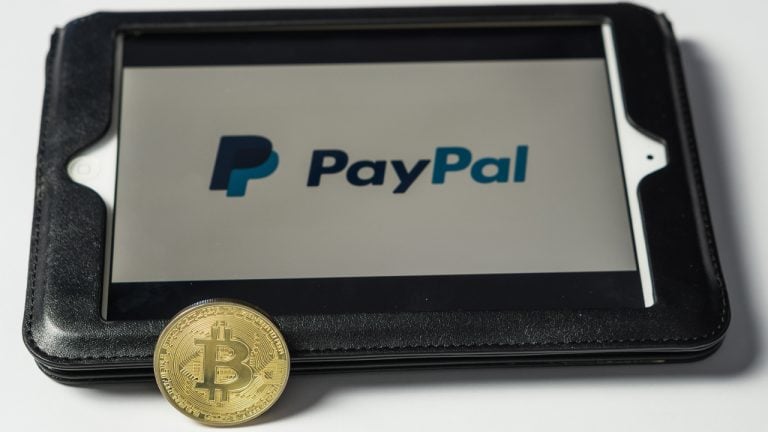2021-1-20 00:30 |
They don’t seem very promising, despite the crypto industry’s rapid growth in the past year.
“Self hosted” walletsA release by the US Department of Treasury on Monday detailed the government’s proposal to regulate crypto assets, wallets, and whitelisting of receiving addresses for citizens. The Treasury’s Financial Crimes Enforcement Network (FinCen) department is inviting comments on its proposals, the release added.
It read, “The United States welcomes responsible innovation, including new technologies that may improve the efficiency of the financial system and expand access to financial services.”
The regulator further said the proposal sought legal protection for citizens and users, apart from protecting national security. Furthermore, such regulations would help law enforcement by increasing transparency in digital currencies and “closing loopholes that malign actors may exploit,” they wrote.
Terming such assets as “convertible virtual currency (CVC)” and “digital assets with legal tender status (LTDA),” the FinCen stated that as per the notice, banks and money services businesses (MSBs) would be required to submit reports, keep records, and verify the identity of customers in relation to transactions above certain thresholds that involve such wallets not hosted by a financial institution (a.k.a “unhosted wallets”) or CVC/LTDA wallets hosted by a financial institution in certain jurisdictions identified by FinCEN.
Secretary Steven T. Mnuchin said in this regard:
“This rule addresses substantial national security concerns in the CVC market, and aims to close the gaps that malign actors seek to exploit in the recordkeeping and reporting regime.”
He added the proposal already applied to financial institutions and was consistent with existing requirements. “It is intended to protect national security, assist law enforcement, and increase transparency while minimizing the impact on responsible innovation,” Mnuchin added.
Banksters to cryptoAs such, the proposal builds on existing Bank Secrecy Act requirements applicable to banks and MSBs by proposing to add reporting requirements for CVC and LTDA transactions that exceed $10,000 in total value.
There would be an additional requirement for banks and MSBs to keep records of a customer’s transactions and counterparties, including identity verification and if a wallet transaction exceeds the $3,000 figure.
Meanwhile, some crypto industry execs have already stated their displeasure at the proposed laws, ever since they were floating around since November last year. Coinbase CEO Brian Amstrong said at the time that such archaic laws would impede the development of fast-moving (and forward-thinking) industry sectors like DeFi.
The open nature of cryptocurrency is what makes it a powerful tool for innovation, and it is what levels the playing field globally. It is what is fueling innovation, such as in Defi. It has the potential to bring down the cost of financial services, and improve accessibility.
— Brian Armstrong (@brian_armstrong) November 25, 2020
His solution? Ask the government to accept the crypto market as it is (minus the scams and malicious actors). Wonder who at the Treasury would listen to that.
The post Here are the US Treasury proposals for Bitcoin and ‘virtual currency’ wallets appeared first on CryptoSlate.
origin »Bitcoin price in Telegram @btc_price_every_hour
Universal Currency (UNIT) íà Currencies.ru
|
|


















